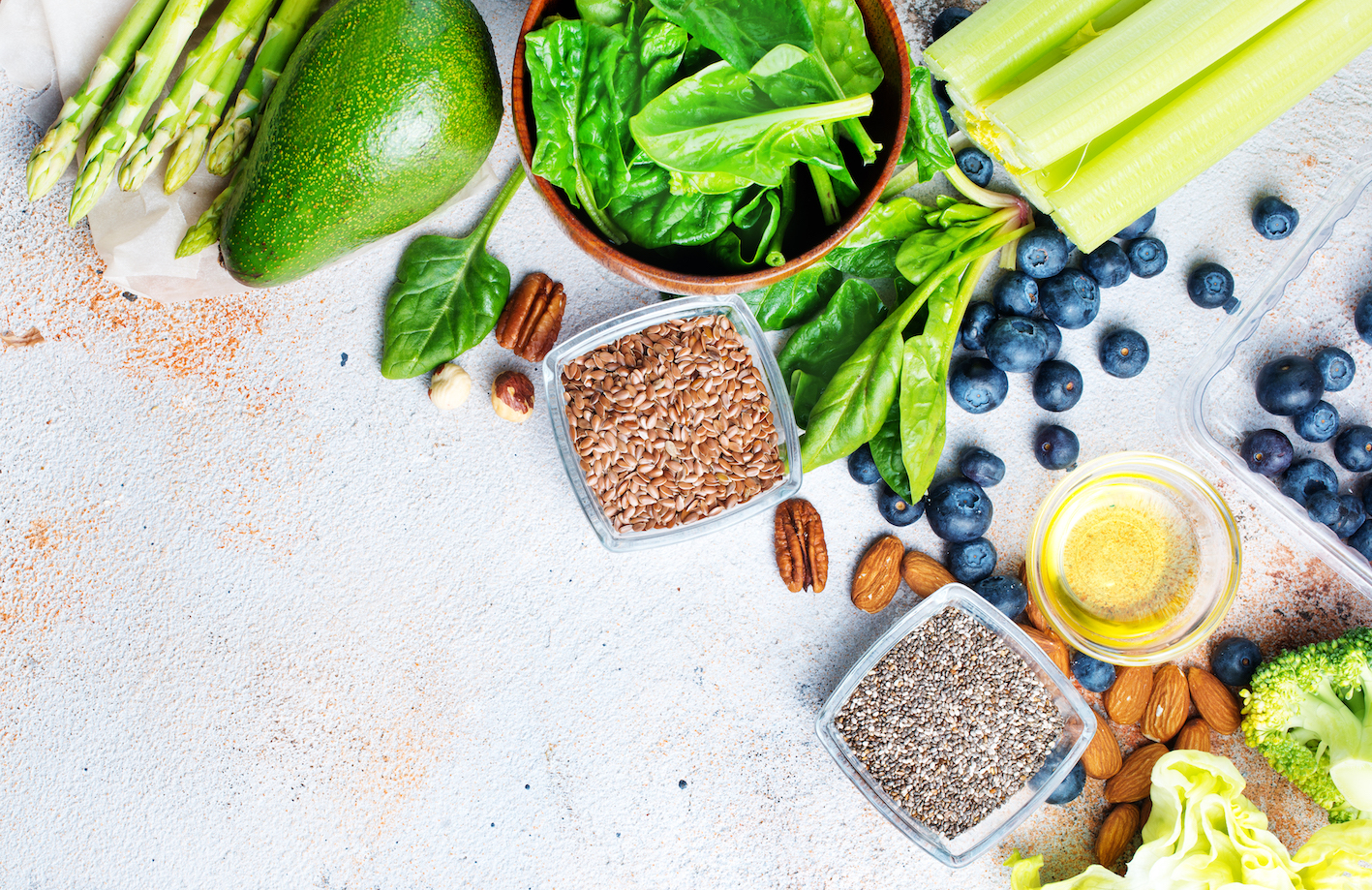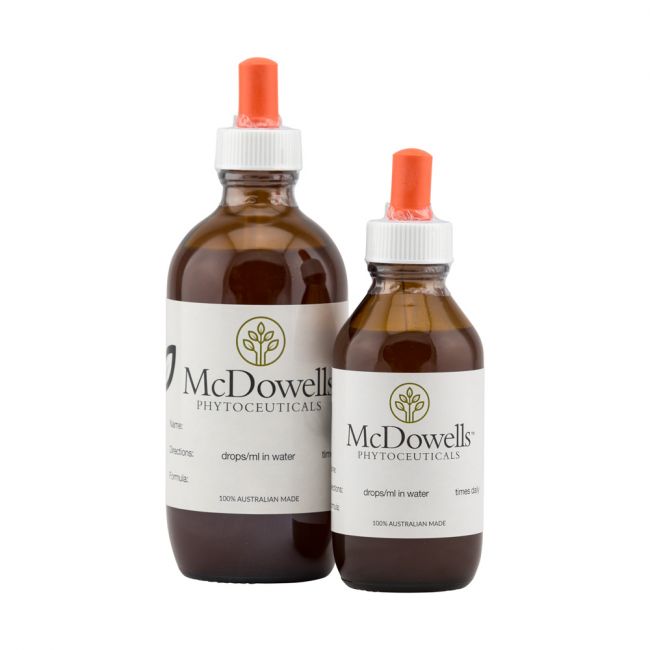Diabetes is a chronic disease that affect how your body uses blood sugar, otherwise known as glucose. It is a major cause of blindness, kidney failure, heart attacks, stroke and lower limb amputation.

Most of the food you eat is broken down into sugar and released into your bloodstream. When your blood sugar goes up, it signals your pancreas to release insulin. Insulin acts like a key to let the blood sugar into your body’s cells for use as energy and regulates blood sugar(1). Diabetes occurs when the pancreas doesn't make enough insulin or when the body does not effectively use the insulin it produces (3).
Diabetes symptoms vary depending on how much your blood sugar is elevated. Some people, especially those with prediabetes or type 2 diabetes, may not experience symptoms. In type 1 diabetes, symptoms tend to come on quickly and be more severe (1).
Some of the signs and symptoms are:
- Increased thirst
- Frequent urination
- Extreme hunger
- Unexplained weight loss
- Presence of ketones in the urine (ketones are a byproduct of the breakdown of muscle and fat that happens when there's not enough available insulin)
- Fatigue
- Irritability
- Blurred vision
- Slow-healing sores
- Frequent infections, such as gums or skin infections and vaginal infections (1)
Diabetes and Herbs
Herbs have traditionally been used to assist a person to come back to a healthy state of well being. Individual herbs, specifically prescribed for a particular situation, may assist the body to come back into balance, thereby allowing a healthy homeostasis to be reinstated. The herbalist looks to the whole person, their values and attitudes as well as their circumstances and physical condition along with other aspects of their individuality. This is in marked contrast to the allopathic medicine approach.
Herbal support can take a variety of forms and combinations, so it is vital that each person consult directly with a qualified holistic practitioner to gain the full benefit of immunity and health building support.
Supporting organs and the whole body
We all know about the pancreas because we know it is involved in diabetes and that it is somehow responsible for managing blood sugar through producing a substance called insulin.
While the liver and kidneys are crucial organs and we cannot survive without them working, there are all sorts of other organs involved in our metabolism, which don't seem to as critical. These include the pituitary gland, thyroid, spleen and adrenals, as well as the pancreas.
Life can continue, even with serious damage to one or more of these organs, as the other partners share amongst them some of the load but these secondary organs are by no means unnecessary and perfect health cannot be experienced without all member organs being healthy, supported and working well.
There is a finely balanced harmony between all the systems of the body including all the organs above and the other major systems like the Urogenital System, the Digestive System, the Nervous System, the Cardiovascular System and the Immune System.
Hormonal and nervous system messages are being exchanged between each system and the individual members of each system constantly, all aimed at tuning the entire metabolism to respond to the day-to-day and moment-to-moment demands of this most complex of machines, the human body.
Pancreatic conditions seem to develop in individuals more from emotional causes, than most. In particular, an emotional deficit best described as a lack of sweetness in their lives, and I don't mean a lack of sugar...
Adult onset diabetes mostly comes on slowly and can be intercepted at any stage of its development if it is caught before regular insulin injection become necessary. If insulin has been used for some time it is more difficult to turn the disease around as the pancreas has shut down completely due to the insulin.
Dietary changes and the inclusion of the two most effective herbs into that diet offers a real chance of curing this sort of diabetes and rather than have to look forward to a lifetime of insulin injections it is worth a great deal of effort to make the changes required.
The two common herbs supportive of the pancreas are oats and fennel. Oats as in rolled oats porridge, which used to be a breakfast staple before the introduction of a myriad of less healthy, highly sugared and processed breakfast cereals. Fennel as in fennel seeds which can be eaten a pinch at a time as is common practice after meals right through Asia and the Middle East.
I see the pancreas as a more sensitive organ than most and when treating it, I rely on herbs to support the associated systems as much as those supporting the pancreas itself. This approach seems to work well and the pancreas seems to function best when all its metabolic partners are happy.
The herbs I include in my Diabetes (Adult Onset) mix are: Chamomile, Oats, Elecampane, St Mary's Thistle, Bladderack, Rosehips, and Fennel. To this mix I add the Bach Flower Remedies Walnut, Scleranthus, Red Chestnut, Wild Rose and Centaury.
Diet and lifestyle
Sensible, controlled diet and eating patterns, along with exercise, is needed to stabilise the illness and prevent it developing to require daily insulin injections.
References
(1) Diabetes Mayo Clinic
https://www.mayoclinic.org/diseases-conditions/diabetes/symptoms-causes/syc-20371444
(2) What is Diabetes?
https://www.cdc.gov/diabetes/basics/diabetes.html
(3) WHO
https://www.who.int/news-room/fact-sheets/detail/diabetes


